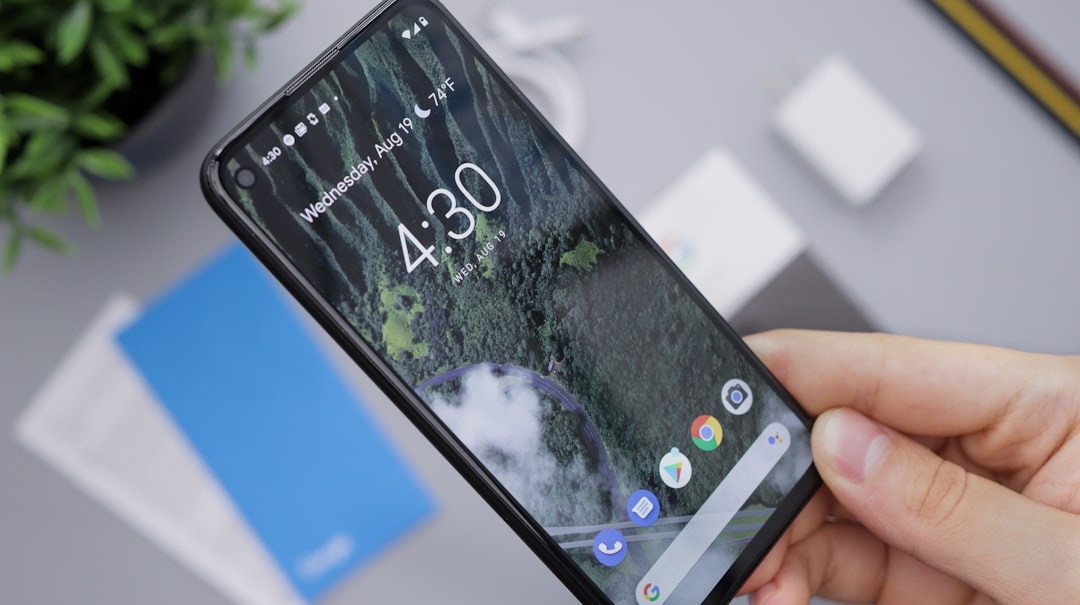Florida consumers prefer human-initiated calls from law firms over automated calls due to concerns about personalization and scams. They value direct, tailored communication, especially when perceiving legal information's value. While automated call systems enhance efficiency, they lack human interaction, which builds trust and provides security for complex matters. Florida's Do Not Call laws protect consumers from unwanted telemarketing, influencing law firms' outreach strategies to prioritize personalized, human-initiated communication while complying with regulations.
In today’s digital age, automated calls have become a ubiquitous part of daily life for Florida consumers. While some view them as intrusive, others appreciate the convenience they offer. This article explores how Floridians perceive automated and human-initiated calls, focusing on consumer preferences, benefits, challenges, and the unique role of human connection in legal services. Additionally, it delves into Do Not Call law firms and consumer expectations within the state, highlighting the evolving dynamics between businesses and their Florida clientele.
Florida Consumers' Preferences: Automated vs. Human Calls

In Florida, consumers have clear preferences when it comes to receiving calls from law firms. With the implementation of the Do Not Call laws, many residents have become more discerning about their communication choices. Automated calls, often characterized by prerecorded messages and artificial voices, are generally dispreferred due to concerns over lack of personalization and potential scams. On the other hand, human-initiated calls from law firms are viewed positively as they offer a more direct and personalized approach, enhancing trustworthiness.
This preference is especially pronounced when consumers perceive value in the information being conveyed. For legal inquiries, where complex matters require nuanced explanations, Florida consumers prefer to speak with someone who can address their specific concerns. Despite automation’s efficiency, human interaction remains paramount for building rapport, ensuring consumer satisfaction, and fostering a sense of security, especially regarding sensitive topics like legal services.
Perceived Benefits of Automated Call Systems

In today’s digital era, automated call systems have become increasingly prevalent in various industries, including legal services. Florida consumers, particularly those navigating complex legal matters, often encounter these automated calls, also known as robocalls. Despite their reputation for being intrusive, automated call systems offer several perceived benefits that cannot be overlooked. One of the main advantages is efficiency; these systems can quickly reach a large number of potential clients, ensuring that law firms in Florida can effectively promote their services to those who might need them.
Additionally, automation provides 24/7 availability, allowing consumers to receive information at their convenience. This is especially beneficial for time-sensitive legal matters. Moreover, automated calls can be personalized with relevant data, such as a consumer’s name and specific case details, making the interaction more engaging and less generic. Interestingly, some Florida consumers appreciate the convenience and speed these systems offer, especially when they are seeking urgent legal advice or want to remember important deadlines related to their cases, often encouraged by the “Do Not Call” law firms Florida regulations.
Challenges and Concerns Over AI Calling in Florida

In Florida, as across the nation, the rise of AI-initiated calls has sparked both excitement and concern among consumers. While automated systems can provide efficiency and convenience, there are significant challenges and worries that need addressing. Many Floridians are unfamiliar with AI technology’s capabilities and limitations, leading to mistrust and a fear of being misled or scammed by what they perceive as deceptive practices. This is especially concerning in the context of legal services, where consumers may receive automated calls from law firms, attempting to solicit their business.
The “Do Not Call” laws in Florida, designed to protect residents from unwanted telemarketing calls, have not kept pace with AI’s rapid advancements. Traditional do-not-call lists and regulations struggle to filter out automated messages, which can be difficult to trace back to the original call center or company. This has led to a growing demand for updated legislation that specifically addresses AI calling, ensuring transparency and accountability while providing consumers with clear protections against manipulative or intrusive automated communications, particularly in the legal sector.
The Role of Human Connection in Legal Services

In today’s digital era, where automated calls and chatbots are becoming increasingly prevalent, maintaining a human connection in legal services remains paramount for Florida consumers. Despite the efficiency and convenience offered by technology, many individuals still value the personal touch provided by human interaction when seeking legal advice or assistance. This is particularly true in sensitive matters related to rights, responsibilities, and potential consequences, where clarity and empathy are crucial.
The role of a human connection in legal services cannot be understated. It fosters trust, ensures nuanced understanding of complex issues, and offers reassurance during stressful situations. Florida consumers often prefer to communicate with real people who can address their concerns directly, provide tailored solutions, and offer support throughout the legal process. This preference underscores the need for law firms to balance technological advancements with personalized service to cater to the diverse needs and expectations of their clients.
Do Not Call Law Firms: Consumer Expectations in Florida

In Florida, consumers are protected by the state’s Do Not Call Law, which specifically targets telemarketers and includes provisions for legal action against violators, including law firms using automated or live agents. This law has shaped consumer expectations, with many Floridians now expecting to be left alone unless they have explicitly consented to receive calls. The law allows residents to register their phone numbers on the state’s Do Not Call list, significantly reducing unwanted calls.
When it comes to legal marketing, Florida consumers are increasingly sensitive to automated or pre-recorded calls, often seeing them as intrusive and a potential violation of privacy. Human-initiated calls, however, are generally more accepted as long as they are relevant, personalized, and respect the consumer’s time. Law firms navigating this landscape must strike a balance between effective legal outreach and respecting consumer preferences to avoid frustrating their target audience.






